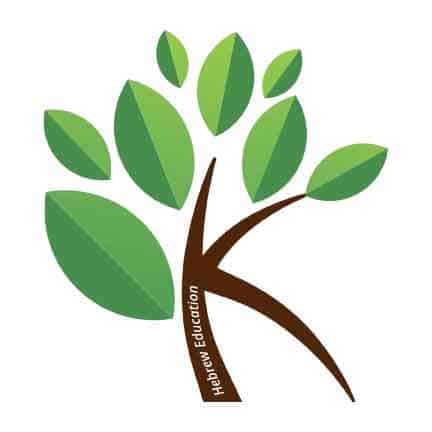One of my YouTube viewers asked me to explain the difference between the Hebrew words אֶפְשָׁר (efshar) and יָכוֹל (yachol) – so Shay, this post is for you 😊. The words are similar, but not quite the same. Read on to find out more, and you can also check out the 60-second Hebrew video version below.
First, a quick story:
Think back to middle or high school, or maybe even elementary school. Someone would ask, “can I go to the bathroom?” and there would always be at least one teacher who’d reply: “I don’t know, can you?!” It was sarcastic and annoying and you may have even rolled your eyes, but that teacher did have a point.
The proper way to ask to use the bathroom would be to use “may” instead of “can,” since “may” is how we ask for permission, and “can” indicates what we are physically/actually able to do.
And this, my dear readers, is the difference between EFSHAR אפשר and YACHOL יכול.
YACHOL יכול means “can” or “able to.”
EFSHAR אפשר means “may” or “possible.”

Here are some examples of when you would use EFSHAR אפשר:
- Efshar lalechet? – אפשר ללכת – “May I go?”
- Slichah, efshar kos mayim, bevaqasha? – סליחה, אפשר כוס מים בבקשה – “Excuse me, may I have a couple of water please?
- Efshar lanu lishtot? – אפשר לנו לשתות – “Are we allowed to drink?”
Here are some examples of when you would use YACHOL יכול:
- Atah yachol lalechet? – אתה יכול ללכת – “Can you (m) walk?”
- Ani mitstaeret, aval ani lo ye’cholah. – אני מצטערת, אבל אני לא יכולה – “I’m sorry, but I can’t.”
- Hem ye’cholim lirkov al ofanayim. – הם יכולים לרכוב על אופניים – “They can ride bikes.”
As you can probably guess, sometimes the lines get blurred, and you can correctly use efshar or yachol in a given sentence. But this is a good guide to help you figure out which Hebrew word to use in a given situation.
What other Hebrew words are you unsure of how to use? Let me know in the comments!


You are absolutely brilliant in explaining hebrew so easy and beautifully. I live in lsrarl and is in ulpan for 1 year now but learn nothing.
I wish you can be my teacher.
Thanks so much, what a lovely compliment! I’m sorry about your ulpan experience, and fortunately I can help: https://thekefar.as.me/.